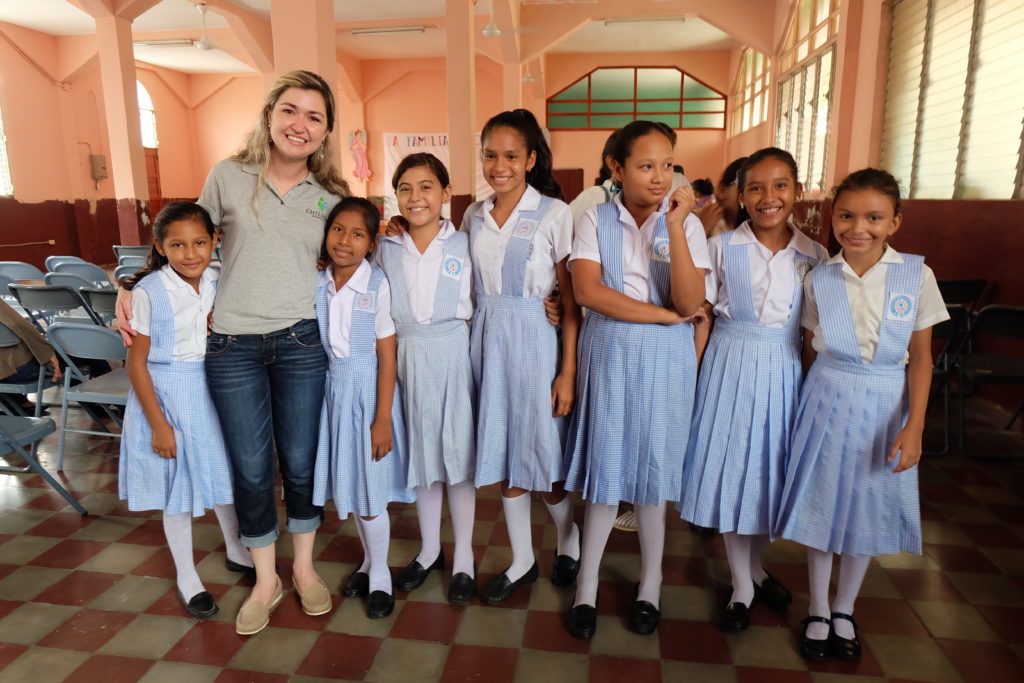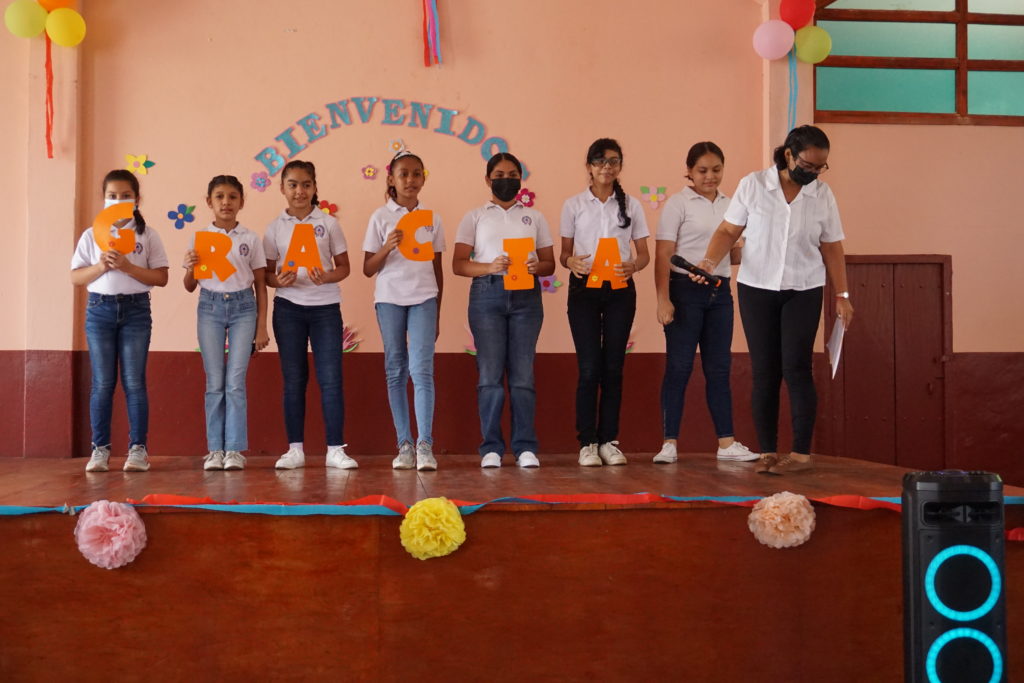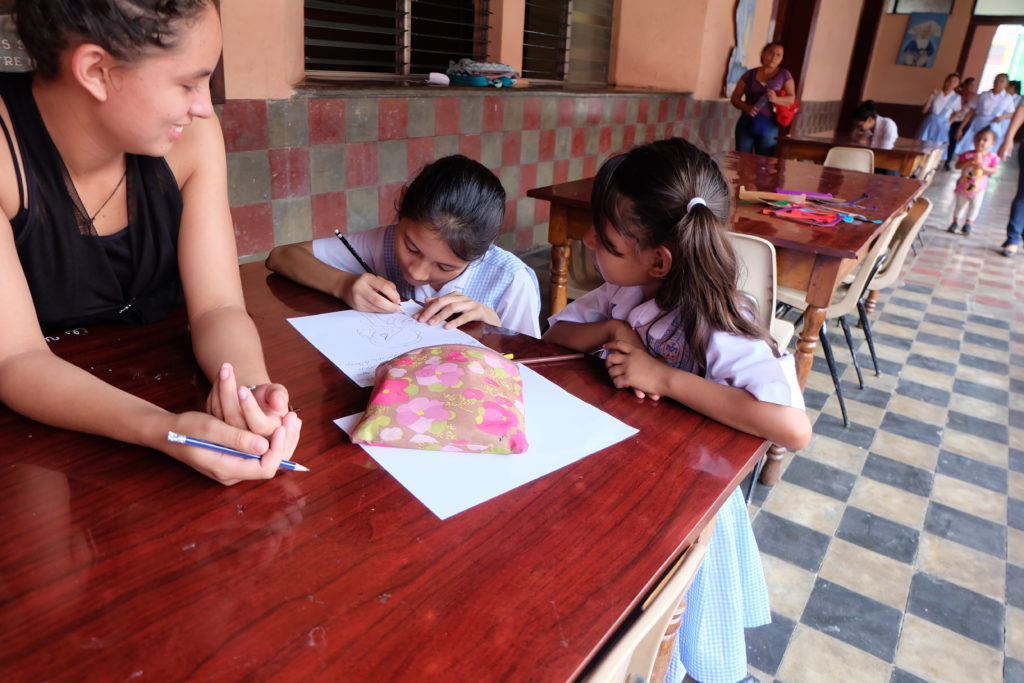Our Affiliated Site: The Recolección School in Leon, Nicaragua
Known as the land of lakes and volcanoes, Nicaragua boasts fertile Pacific lowlands, north-central highlands and Atlantic/Caribbean lowlands. Nearly a fifth of the nation is set aside as protected parks or reserves — unique ecosystems teeming with a variety of wildlife.
Nicaragua includes diverse ethnicities as well. Indigenous peoples, Europeans, Africans, Asians and people of Middle Eastern origin all call this breathtaking land home. Nicaragua’s wealth of natural resources and rich culture, however, belie the deprivation in which most of its residents live. This largest Central American nation is also the region’s most destitute — it’s the second-poorest country in the Western Hemisphere — and is riddled with natural disasters, political instability and widespread poverty and underemployment. The vast majority of Nicaraguan workers earn less than two dollars a day.
Nicaragua’s second largest city, Leon, is no exception to these maladies. Since its founding in 1880, the La Recoleccion Home has been assisting orphaned, abandoned and neglected girls. Offering a well-rounded education, vocational skills training, and a safe living environment to call home, La Recoleccion (which means “The Harvest” in English) provides the girls living in poverty in this community with the opportunity to reach their full potential, rise above the difficult socioeconomic circumstances from which they come and break the cycle of poverty.


